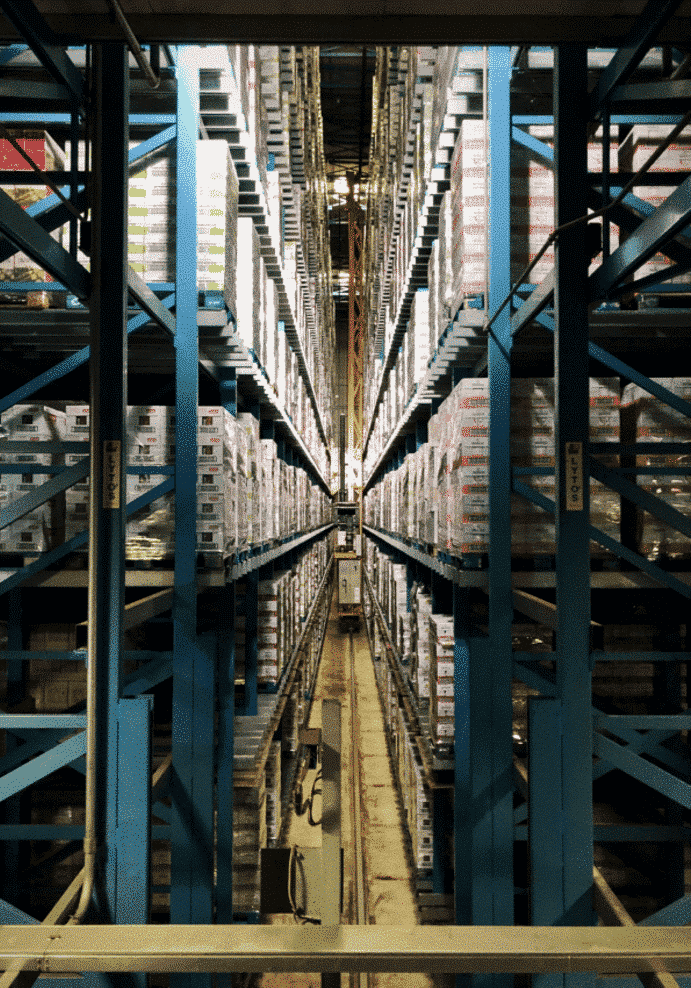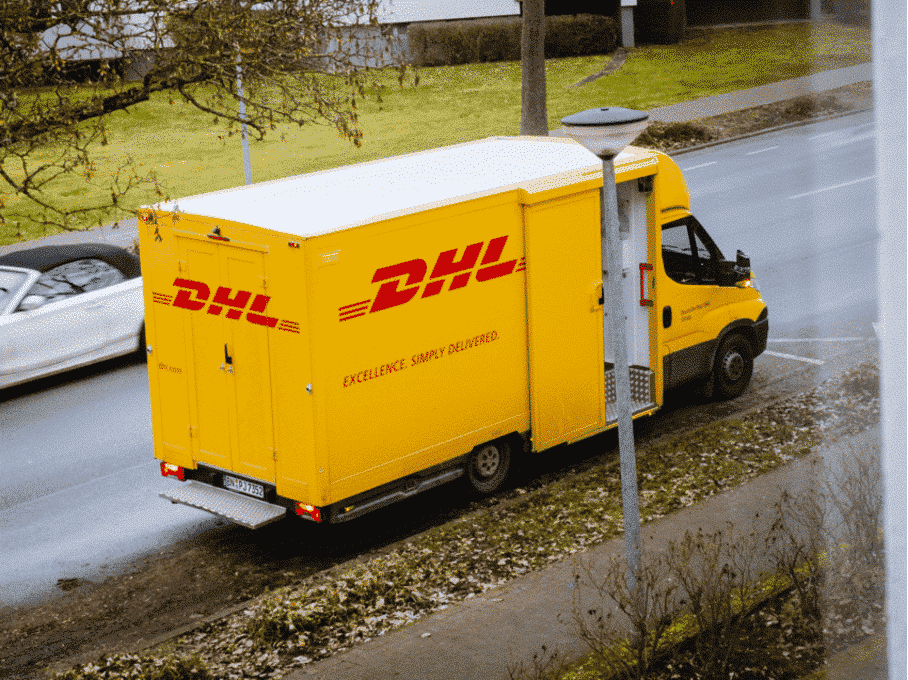In 2021, e-commerce sales in Germany reached the EUR 100 billion mark for the first time. Even if sales have dropped somewhat recently due to the economic situation, one thing is certain: online retailing has established itself and competition in e-commerce continues to increase. This is precisely why it is increasingly important for companies to attract customers with special services. This also applies to the logistics sector. But what opportunities do companies open up for their customers in this regard and what could the e-commerce sector look like in the future?
Return free of charge: also possible for freight forwarding goods
Even though the fashion industry is currently discussing no longer offering returns free of charge, the right to return goods free of charge is a service that customers like to use. The large providers are also unlikely to do without it in the fashion sector because the practice means competitive advantages.
However, corresponding return rights also exist for larger shipping goods, as this example from betten.de shows. Here, the goods are picked up again by the freight forwarder free of charge within the period of the extended right of return of 30 days. With a booked structure service besides also the dismantling takes place of specialists of the offerer. Such services are appreciated by end customers and are rarely a problem with high-priced items, as the margin is large enough.

Delivery at special times of day
Many logistics service providers also offer their customers delivery options at special times of day. This enables e-commerce companies to make these services available to end customers as well. Today, the following options are being offered more and more frequently:
- After-work delivery: this option allows goods to be delivered within certain time windows outside normal business hours. People who live alone and are on the road all day for work appreciate deliveries between 6 and 9 pm. Late time slots that don’t start until 7 or 8 p.m. are also particularly useful.
- Saturday delivery: While parcels are also delivered on Saturdays anyway, more and more e-commerce companies are also offering Saturday delivery for freight forwarding goods. Here, too, customers who only have time to receive corresponding goods on weekends benefit.
- Delivery on a fixed date: More and more providers are also offering delivery on a fixed date. In this case, customers are offered a date and time, which they can either reject or accept. In the first case, an alternative date is agreed. This ensures that the customer is safely at home to receive the goods at the end.
Particularly when it comes to the time of delivery, customer orientation has become increasingly important in recent years. In terms of logistics, this naturally entails special planning effort and thus also increasing costs. Nevertheless, the focus on the individual wishes of customers is likely to increase even further in the future. After all, competition continues to increase and companies must somehow stand out from the crowd.
Delivery times: Another critical aspect for e-commerce customers
Particularly fast delivery times are very important in online commerce. For this reason, a separate term exists for it: Q-Commerce. As this Capterra study shows, fast delivery times are among the most important criteria for customers when shopping online, after price. Thus, 46% of all customers surveyed would like to shorten the delivery time for their orders. Time windows of 1-2 days were named as good delivery times for many products. Corresponding deadlines have been established by major e-commerce platforms such as Amazon, which makes corresponding deliveries possible in its Amazon Prime program.

According to the study, however, many providers in the e-commerce sector still have delivery times of 3-5 days. Here too, anyone who does not take the needs of the market seriously will have no chance of surviving in the long term.
However, the above-mentioned customer requirements in terms of delivery times of 1-2 days only apply to common e-commerce items such as electronic goods or fashion. When it comes to food products, 25% of respondents want delivery in less than an hour. As many as 36% of respondents would be willing to pay 10% more for delivery within one day for medical products.
It will show whether retailers can make significant improvements in this area as well. The problem here also lies in the fact that delivery speed can only be influenced to a limited extent. After all, it also depends on the respective logistics service provider. But these are increasingly offering the option of faster deliveries. Here, however, e-commerce retailers have to reckon with higher fees. The extent to which these can be passed on to customers remains to be seen in the end.
Incidentally, some e-commerce companies also allow end customers to choose the logistics service provider with which their parcel is to be delivered. This also gives customers the feeling that they can influence the delivery time themselves.
Insight into delivery: transparency is becoming increasingly important
In recent years, transparency in the logistics sector has increased considerably. The various logistics service providers have set up the option of tracking parcel deliveries live. These services are also designed to improve the customer experience: With a higher level of transparency, customers can better understand what triggers any delays and why the waiting time for a delivery is sometimes extended. In addition, the whole thing makes an order more predictable for end customers, who in turn appreciate this.








